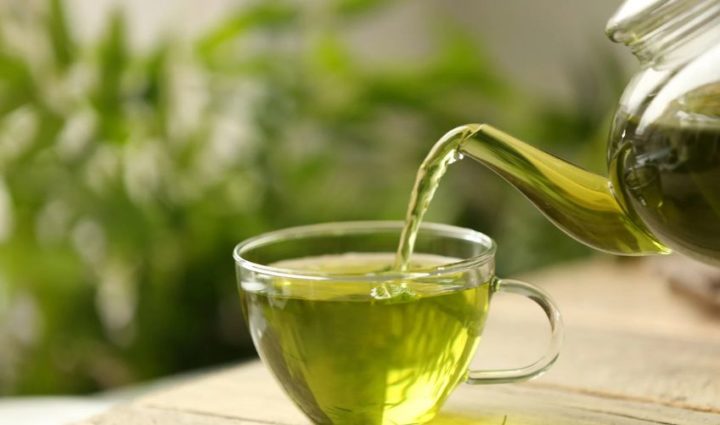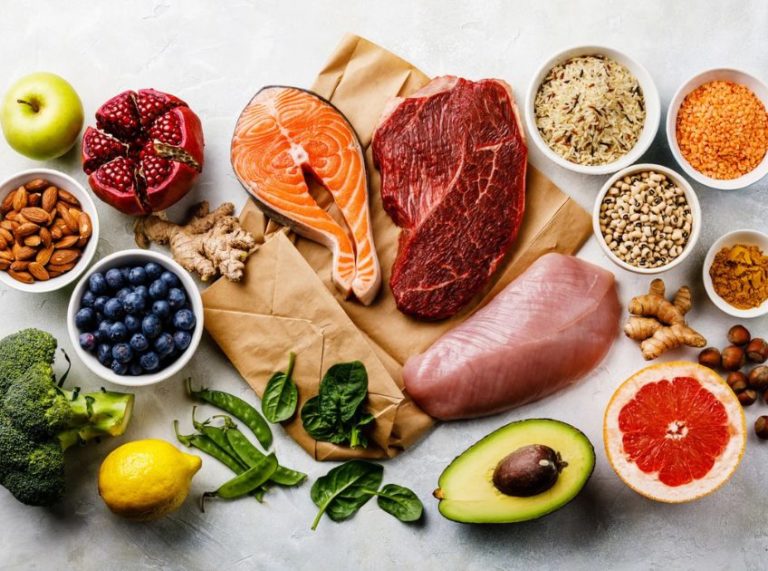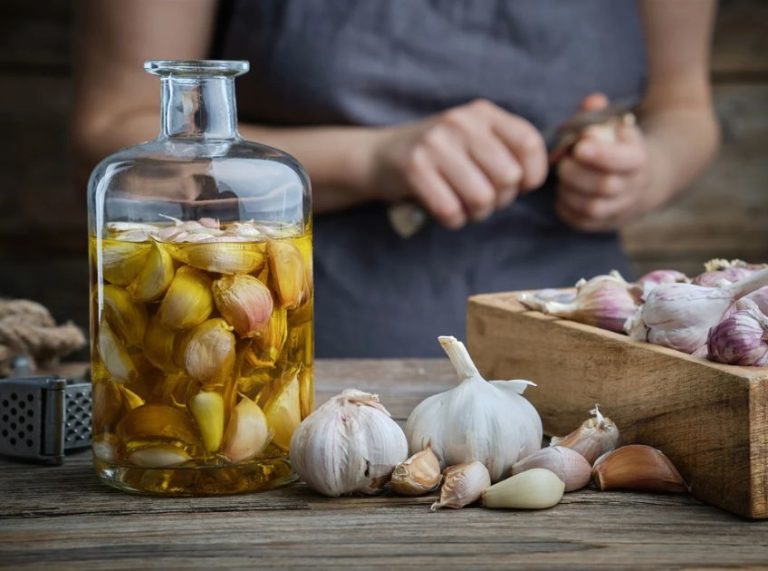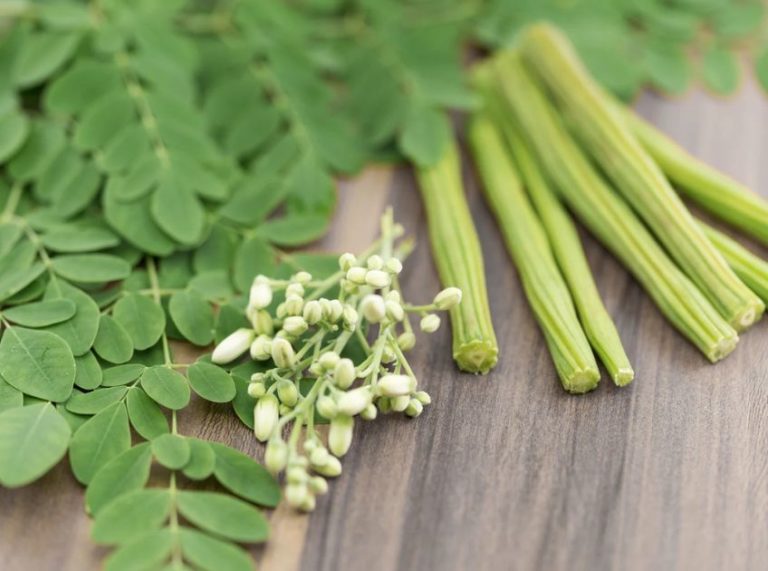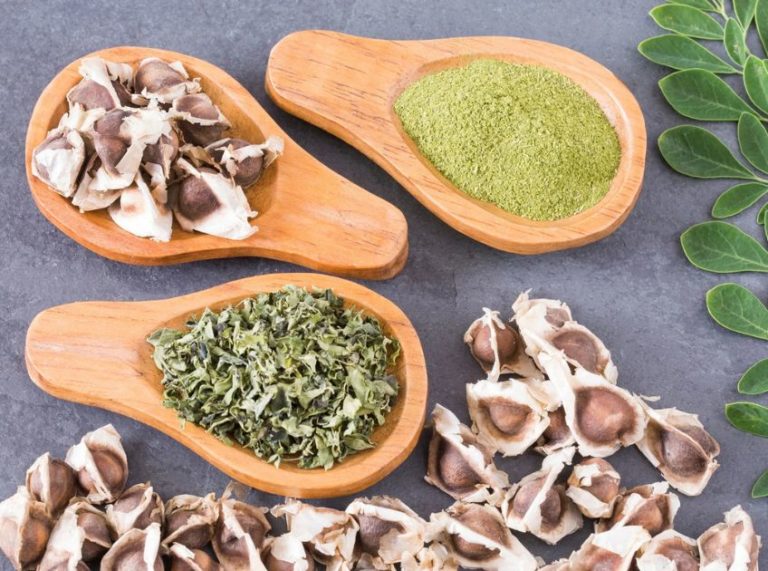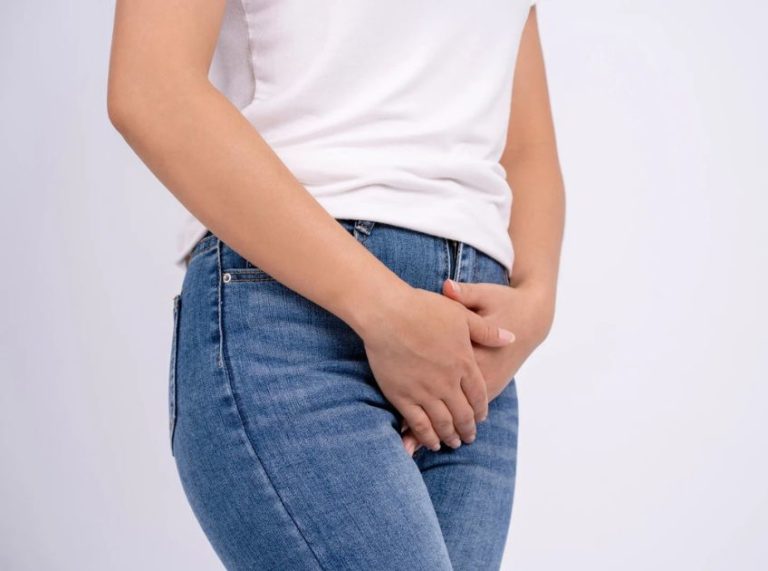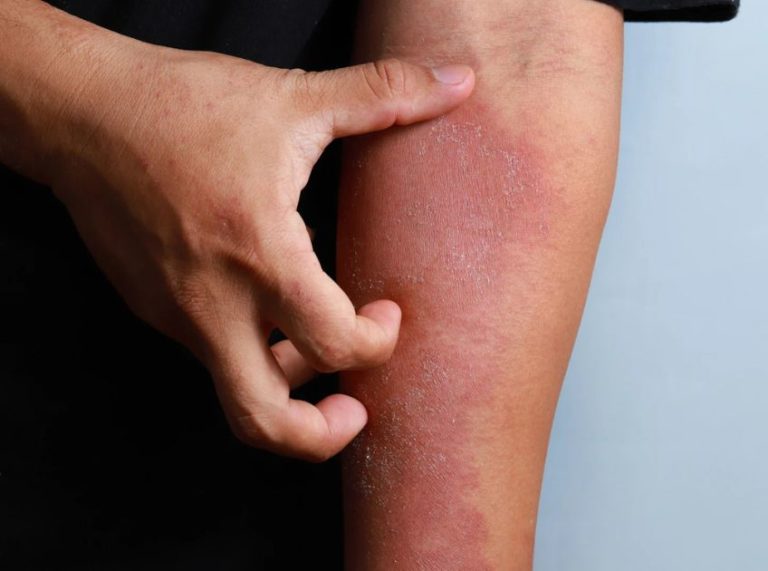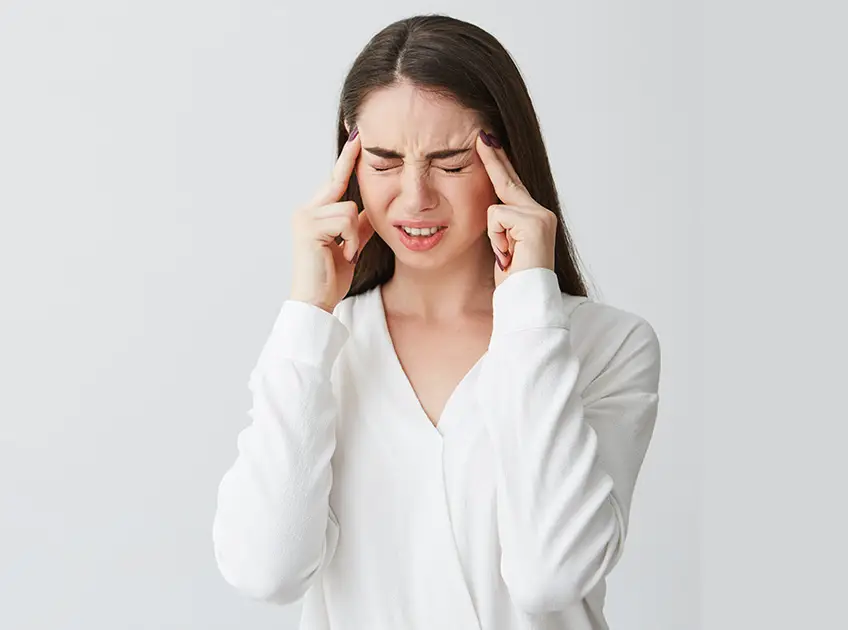
Important: This article is for informational purposes only. Please read our full disclaimer for more details.
Did you get through a long day of hectic work only to return home with a throbbing headache? Well, not surprising. Many things can cause stress and lead to headache – work deadlines, demanding schedules, traffic jams, etc. What do you plan to do about the headache? The easiest way is to pop a painkiller. But instead of reaching out for those over-the-counter medications, try home remedies. This article lists the best home remedies that can help relieve troublesome headaches. Keep reading!
What Is A Headache?
A headache is one of the most common conditions known to cause pain and discomfort in the head, scalp, or neck. In some cases, headaches are mild. However, they can cause immense pain and make it difficult for the affected individual to work or perform other day-to-day activities. A headache is usually a sign of emotional distress and/or stress. It can also be a result of medical disorders like high blood pressure, anxiety, depression, or migraine.
What is The Main Cause of Headaches?
Certain triggers are known to cause an unusual brain activity, which further triggers changes in the blood vessels present there. Although the exact trigger is not yet discovered, a few factors believed to cause a headache are:
- General illness like a cold, flu, or fever.
- Health conditions like sinusitis, ear infections, and throat infections can also cause headaches.
- Emotional stress and/or depression
- Environment – Your surroundings can also cause a headache. This may include secondhand tobacco smoke, strong scents from perfumes/household chemicals, and certain foods. Pollution, climate changes, loud noises, and bright lighting can also trigger headaches.
- Genetics – Individuals with a family history of headaches, especially migraine, are at an increased risk of developing a migraine.
[ Recommended: How to Cure a Headache Fast with Apple Cider Vinegar ]
Natural Home Remedies for Headaches
A debilitating headache can make you miserable and disrupt your day-to-day activities. And you’d be willing to try anything that will help you get rid of it. Well, you are in luck – because we have some natural remedies that can lend you a helping hand in battling headaches at home.
1. Peppermint oil
You Will Need:
- 3 drops of peppermint oil
- 1-2 teaspoons of coconut oil or any other carrier oil
Process:
- Add two to three drops of peppermint oil to one to two teaspoons of any carrier oil.
- Mix well and apply it directly to the temples and corners of your forehead.
- You can do this as whenever you experience a headache.
Benefit: Peppermint oil was found to be as effective as paracetamol in treating tension-type headaches.
[ Recommended: Essential Oils for Headaches ]
2. Green Tea
You Will Need:
- 1 teaspoon of green tea (decaffeinated)
- 1 cup of hot water
Process:
- Add a teaspoon of green tea to a cup of hot water.
- Steep for 5-7 minutes and strain.
- Drink the tea.
- You may drink 1-2 cups of green tea daily.
Benefit: Green tea possesses analgesic and anti-inflammatory properties, which can help with headaches.
Note: Do not consume more than two cups of green tea per day.
3. Apple Cider Vinegar
You Will Need:
- 2 teaspoons of apple cider vinegar
- 1 glass of warm water
Process:
- Add two teaspoons of apple cider vinegar to a glass of warm water.
- Mix well and drink up.
- You may do this 1-2 times a day.
Benefit: While there are no studies to prove that this remedy works against headaches, many individuals swear that apple cider vinegar has helped them battle severe migraines.
4. Ginger Tea
You Will Need:
- 1-2 inches of sliced ginger
- 1 cup of water
Process:
- Add 1-2 inches of sliced ginger to a cup of water.
- Bring it to a boil in a saucepan.
- Simmer for a few minutes. Turn off the stove.
- Strain the mixture and allow it to cool down for a while.
- Drink the warm tea.
- You can drink ginger tea 1-2 times daily.
Benefit: The administration of ginger may exert abortive and prophylactic effects that may help in reducing the pain of migraine headaches.
5. Coffee
You Will Need:
- 1 tablespoon of coffee powder
- 1 cup of water
- Sugar (optional)
Process:
- Add a cup of water to a saucepan and heat it.
- Add a tablespoon of coffee powder to the hot water and stir until it dissolves completely.
- Turn the stove off. Add milk/sugar to your coffee (if you want).
- Drink the warm coffee.
- Drink a cup or two of coffee following a headache or as an adjuvant to other headache medications.
Benefit: Caffeine possesses mild analgesic properties that can help alleviate symptoms of a headache, especially when used together with another treatment for headache.
Caution: Do not overconsume coffee as it can induce caffeine dependency. Once your body becomes too used to caffeine, not taking it can trigger withdrawal symptoms – with headache as the main symptom.
6. Lavender oil
You Will Need:
- 2-3 drops of lavender oil
- A diffuser
- Water
Process:
- Fill a diffuser with water.
- Pour two to three drops of lavender oil into it and switch the device on.
- Inhale the pleasant aroma of lavender oil.
- You may do this 2-3 times daily.
Benefit: Inhaling the aroma of lavender essential oil can help relieve stress and anxiety and alleviate migraine headaches.
7. Cold Compress
You Will Need:
- A cold compress
Process:
- Apply a cold compress to your temples.
- Leave it on for a few minutes and remove.
- Repeat 2-3 times.
- You can do this 2-3 times daily as adjunctive therapy to other treatments.
Benefit: A cold compress, when used as adjunctive therapy to other standard treatments for headaches, can be helpful in alleviating the pain.
8. Massage
Massage therapy is a non-pharmacological alternative to reduce the incidence of headaches. This is especially true in the case of muscle-specific massage therapies that concentrate on specific muscles to relieve the pain.
9. Vitamins
Vitamins like vitamin B6, B12, and folic acid (a man-made form of vitamin B9) can help prevent frequent migraine attacks.
Some researchers postulated that a deficit in mitochondrial energy reserves or an increase in homocysteine levels could trigger a migraine. This is where the role of the above vitamins comes into play. Vitamins B6, B12, and folic acid can help in the catalyzation of homocysteine, thus helping in treating migraine headaches.
Foods rich in these vitamins include poultry, fish, bread, eggs, vegetables, legumes, cheese, and cereals. You can also take additional supplements for these vitamins after consulting a doctor.
10. Magnesium
Magnesium is a mineral whose deficiency has been associated with migraines. It can also help treat other types of headaches by preventing factors that may increase your risk of developing them.
Hence, it is important that you consume foods rich in magnesium like spinach, kale, avocados, bananas, and nuts to get the required amount of the mineral naturally via your diet. If you plan on taking magnesium supplements orally or intravenously, it is best to consult a doctor before doing so.
These remedies will assist you in combating those recurrent headaches. You can also follow the diet tips below to help you deal with the condition better.
Recommended Topics:
- How to Use Peppermint Oil for Headaches?
- Top 4 Yoga Poses to Improve Mental Health
- 6 Best Yoga Poses to Beat Fatigue and Boost Energy
- Yoga for Migraine: 5 Best Yoga Asanas to Treat Migraine
- How to Cure a Migraines Fast with Peppermint oil
- 4 Easy Ways to Get Rid of a Migraine Fast With Feverfew


